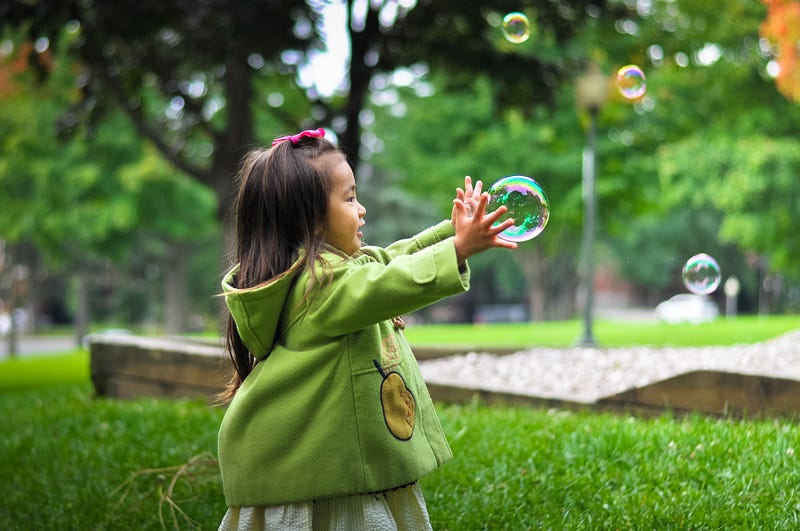
How do Children Imitate your Action? Let’s See
Experts of communication skills say that when we talk to someone, the effect of our words is 7%, the effect of tone is 38%, and the effect of our body movements and gestures is 55%. Our words don’t have much power, but the way we speak, our body movements, and our facial expressions fill them with meaning. Voice, body movements, and facial expressions are the real communication. Remember that children are very sensitive to tone, so keep your tone, body movements, and facial expressions polite when speaking to them, otherwise, they will use the same language outside that you do at home.
How children imitate the tone of adults, let’s see with an example
There was a boy in school who considered himself a king. He used to mess with the children and even the teachers. Once he even threatened a teacher, saying, “I will see you outside the school.” When this matter was looked into in detail, it was found that the environment of his home was such that all the members of the household were heads and kings without a crown. They neither knew their own dignity nor how to respect others. A child growing up in this type of environment sees adults as having no boundaries in their lives. They talk to anyone in any tone and are proud of it. So the child will necessarily imitate their habits, even if it has dangerous consequences in the future.

Observe the children around you; you will find that they use the same vocabulary and tone that their elders use in their home.
I Wish Everyone Knew This- Dr. Afzal Badshah
What happens is that the parents get angry with the children, and, in that anger, they yell at them. Remember, whenever you talk to a child in a bad way, they copy your behaviour, not what you are saying. Talk to children the way you want them to talk to you. If you keep talking to children in the same way, the distance between you and them will increase. They will start sharing their feelings, emotions, and experiences with other people instead of you. If you want to keep the child with you always, you have to talk to them in a mum language and tone.
The issues with inherited parenting
We raise children in an inherited way that does not give them their true value. If the child does something wrong, we often use bad words, abuse, or curse them. Although we are doing this out of love for our child, we are actually showing our love. Baby, I am nothing without you; I love you so much and want to see you succeed. But the child listens and understands what we actually say. Therefore, address children with love and politeness and use appropriate words.
Identify your parenting habits that are harmful or disruptive.
— — — — — — — — — — — — — — — — — — — — — — — — — — — — — — — — — — — — — — — — — — — — — — — — — — — — — — — — — — — — — — — — — — — — — — — — — — — — — — — — — — — — — — — — — — — — — — — — — — — — — — — — — — — — — — — — — —— — — — — — — — —
Often, parents complain to me that their children do not listen to them. There were many who were afraid of their young children. I saw many children studying in the higher grades who were well-behaved in the daily routine of the school, but when their father was called, their behaviour changed, and they started thinking of themselves as superior. In front of the teachers, they began to disrespect their parents. I blame this all on the parents. They must have distanced themselves from their children from childhood and must have adopted the wrong parenting methods which created such a big gap between them. As a parent, you should never widen this gap, and this is possible only when you are well aware of child psychology.
The writer can be reached via Medium, YouTube, Facebook, Amazon Twitter, LinkedIn, WhatsApp, and Google Scholar.